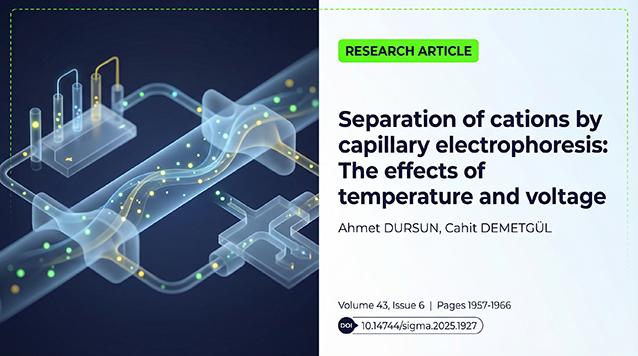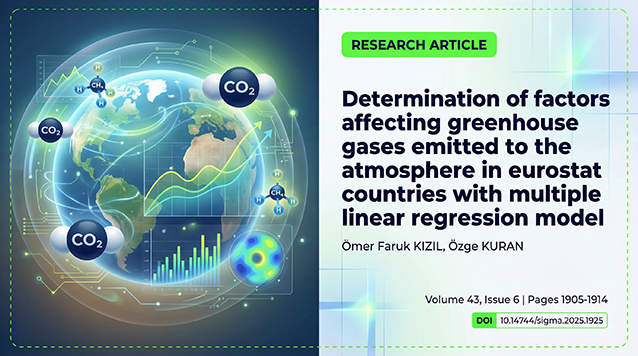2Karamanoglu Mehmetbey University, Department of Civil Engineering, Karaman, 70000, Türkiye
Abstract
Precast concrete construction is frequently preferred all over the world because of its rapid production and low cost. Prefabricated structures are constructed by assembling, the structural elements that were produced in the factory, at the construction site. However, some connection types such as wet connection used in prefabricated buildings eliminate the rapid installation feature. The wet connections are the method of assembling with fresh concrete. In the wet connections, the setting time of concrete decreases the installation rapid of prefabricated structures. In the past years, various additives have been used to accelerate the setting time. However, these additives consisting of organic salts cause corrosion in the reinforcement. In recent years, the use of inorganic salts with low ions activity as the accelerator has become widespread. Rapid-setting concrete is suitable for producing precast concrete. This paper deals with the determination of optimal accelerator type and dosage for precast concrete. Sodium aluminate and Polycarboxylic ether-based chemicals were utilized as the accelerator to obtain rapid-setting concrete mixtures. Mechanical and durability tests were performed to analyze each chemical effect on the fresh and hardened properties of the concrete mixes. Polycarboxylic ether-based chemical is observed as a potential accelerator for precast concrete, especially for the connection concrete parts. With polycarboxylic ether-based chemicals, it is observed that rapid strength gain is achieved without much loss of final strength. Besides, polycarboxylic ether-based chemicals increase the workability of mixtures. However, it is observed that the workability feature is lost in a short time due to the rapid-setting feature.
















